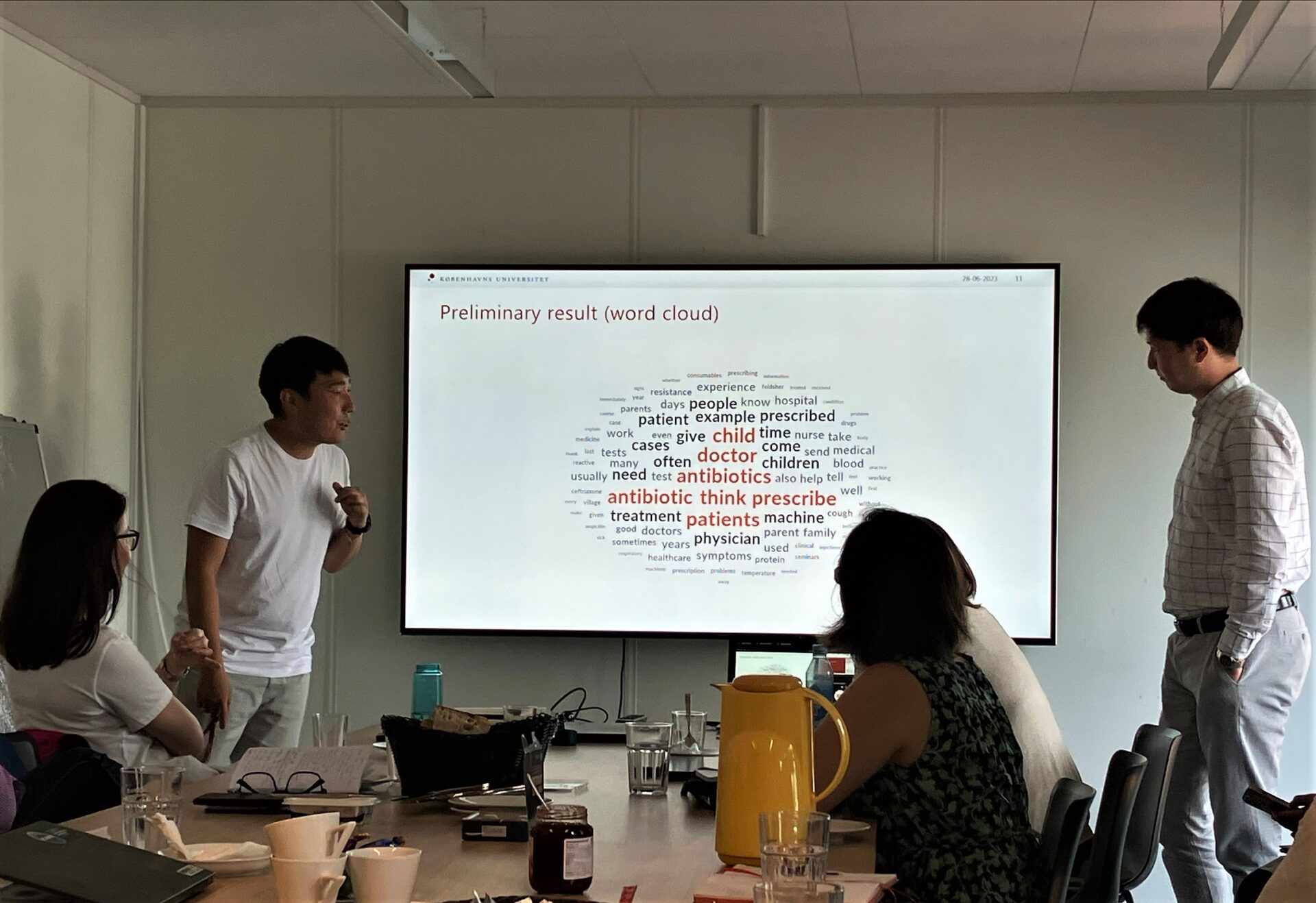The team working on a project to improve the appropriate use of antibiotics for respiratory tract infections in children in Kyrgyzstan recently visited the ICARS headquarters to share preliminary findings.
Advancing respiratory infection diagnosis in Kyrgyz Republic with point-of-care CRP testing
In 2020, respiratory diseases accounted for almost half of all illnesses among children aged 0-14 years in the Kyrgyz Republic. Limited access to diagnostic equipment in primary care clinics has led to the overuse of antibiotics in the treatment of respiratory infections in the country.
Consequently, innovative approaches are necessary to accurately diagnose and treat respiratory infections in children.
An ICARS-supported project aims to address this issue by evaluating the effectiveness, feasibility, acceptability, and cost of a point-of-care test for measuring C-reactive protein (CRP) in children with respiratory tract infections.
“This study is the first of its kind in paediatric medicine in Kyrgyzstan. We believe that the results could have a significant impact on policy“, says lead researcher Elvira Isaeva.

Progress update and next steps
During the visit to ICARS headquarters, the research team presented both quantitative and qualitative data from the mixed methods study implemented during the initial phase of the project.
The project design includes a randomised controlled trial (RCT) in 14 primary healthcare centres in Kyrgyzstan, involving 1204 patients, to evaluate the effectiveness of a point-of-care test for measuring C-reactive protein (CRP) levels. “In addition to the main RCT, the project also includes a qualitative study, a microbiological study and a health economics study, which will help to look at the problem from all angles,” explains Elvira Isaeva.
At this time, the randomised controlled trial and qualitative data collection have been completed, and preliminary data analysis has been conducted. The economic evaluation is still in progress.
The preliminary quantitative results are encouraging, suggesting that the intervention is effectively reducing antibiotic prescriptions, without affecting the wellness of the children as reported by their caregivers.

Early insights shared from the qualitative results also revealed promising evidence of behavioural change among caregivers and health care workers. Caregivers seemed convinced by the presence of the CRP machine after health workers had informed them of how it works and were more aware of the need for prudent antibiotic use as a result.
The project will continue with the objective of reducing unnecessary antibiotic use among children in the intervention group.
“We are convinced that this project can help us in the future to reduce the unnecessary prescription of antibiotics in Kyrgyzstan“, sums up Elvira Isaeva. “We feel we are on the same wavelength as medicine in developed countries, at least on this point.”
Learn more about our project on Facilitating appropriate antibiotic use in respiratory tract infections in children in Kyrgyzstan here.

